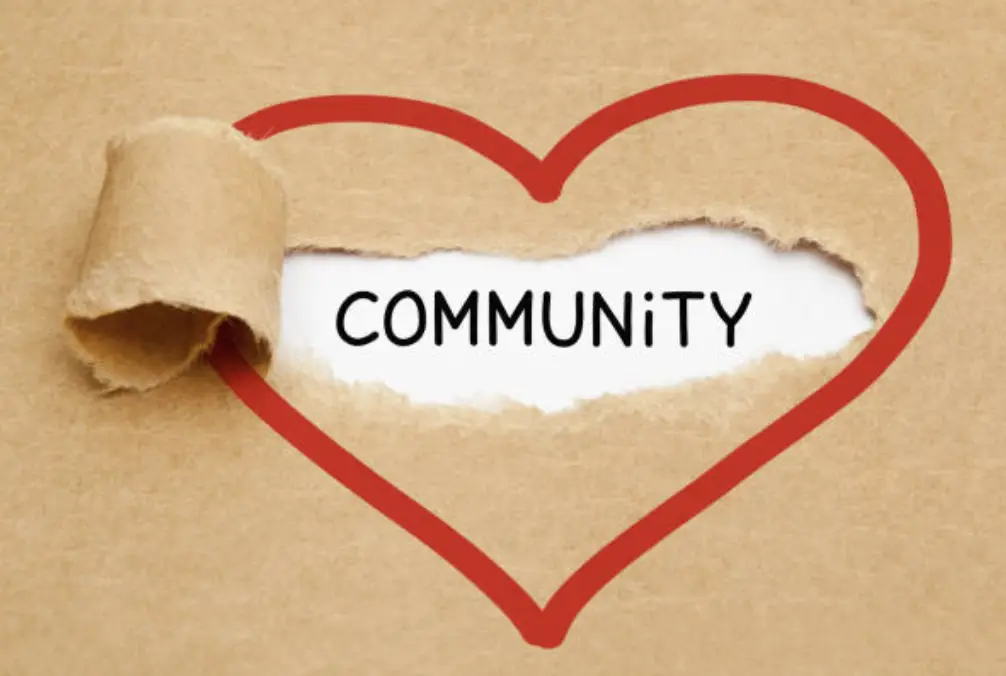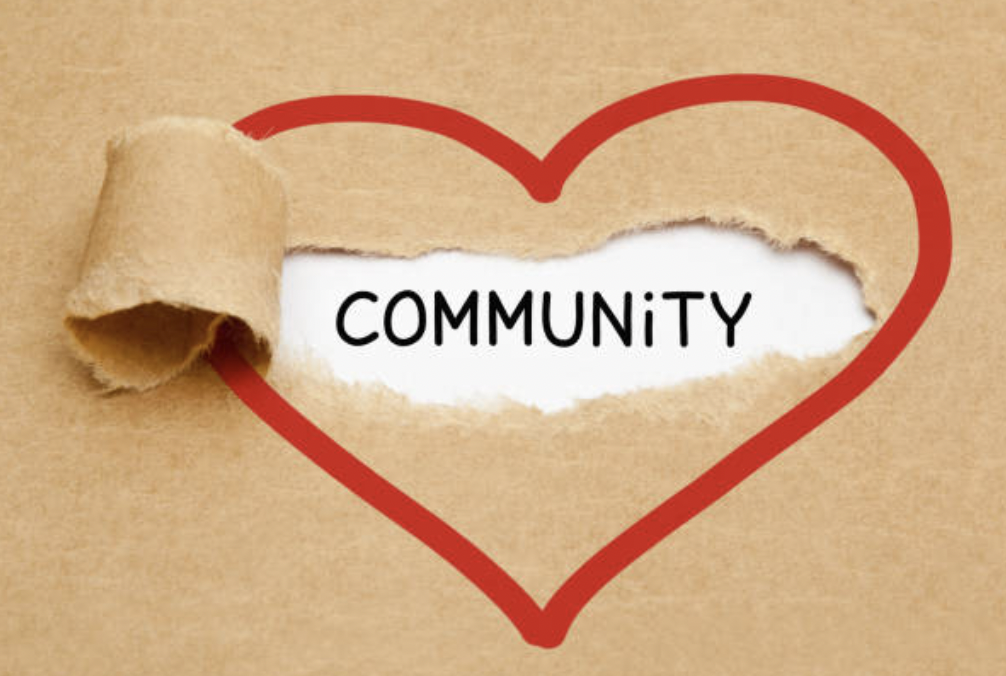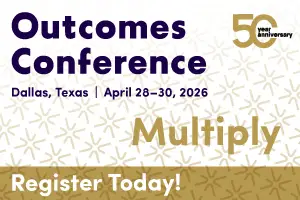Giving and Generosity in the Church By Dr. Zenet Maramara
Back to Blog

The Church as a Community of Giving and Generosity
The early church in Acts models a radical display of community, giving, and generosity. Those believers shared their possessions with needy people; some even sold properties to add to their giving.
“All the believers were together and had everything in common. They sold property and possessions to give to anyone who had need.“
~Acts 2:44
This vibrant community of believers in Acts 2 inspires today’s Christians to live a life of radical giving, generosity, and community. Imagine replicating these deeds today; what would the world look like? Let us examine the vital elements of this church as a community.
Acts 2:42 states that they devoted themselves to the apostles’ teaching, fellowship, the breaking of bread, and prayers. They learned together and continued to learn from the apostles’ teaching steadfastly.
These new believers were committed to learning about their faith, Jesus, and his life and teaching. They found this treasure that was worth more than their earthly material possessions.
What Lessons can we learn from the early believers in Acts 2 to flourish and grow in generosity?
- Commit to biblical teaching.
- Practice genuine koinonia.
- Build a community in the power of the Holy Spirit.
- Pray in the power of the Spirit.
Commit to Biblical Teaching
Obedience to Jesus is a mark of a steward. Many contemporary churches resort to so many programs— new discipleship techniques, church growth strategies, seeker-friendly and entertainment, etc. But the one thing needed is to commit to what the Scripture teaches. For every program and process, ask the question, is it biblical?
We need to articulate the theology of the steward—know God and who we are in Jesus; focus on the heart, the inner person, the character, and the rest will be an outflow of what is inside the person. Our security is found in the Lord Jesus Christ and not in material things or what the world offers, such as—pride, prestige, power, and privilege. It takes fully surrendering everything to the Lord to be God-reliant and not self-reliant.
Practice Genuine Koinonia
The Greek word translated as a fellowship in Acts 2 is koinonia. It means more than the joint fellowship we refer to nowadays. It speaks of spiritual communion with one another, participation, and partnership. It refers to having things in common.
The believers in Acts 2 did not do any fundraising, but everyone’s needs were supplied as they freely shared. Giving was an outflow of their faith and the grace of God. As Australian theologian, Charles Ringma states, giving or fundraising is not an act or an activity. It is not a project. Giving is something inherent and ontological in every person created in the image of a giving and generous God. It is in our DNA!
The believers in Act 2 understood who they were in light of the creator and savior. That is why it was easy for them to care for one another, carry their burdens, and show love and concern, especially when in need.
One thing is for sure, the believers in Acts were involved in the lives of each other.
The breaking of bread signifies the closeness of the believers in Acts. They broke bread together, symbolizing unity and solidarity. There is something personal about being invited to the home of another and sharing a meal. In Asian and Middle Eastern cultures, eating together is a social activity. That is where some lasting friendships begin.
Build an Authentic Community
It takes an intentional effort to build an authentic community. It begins with the acknowledgment that we were created for the community. God eternally dwells in the community of his triune self and seeks his people to live the same way. As redeemed people of God, we model to the world the love and grace of our Lord Jesus Christ. It is best expressed in a community where each carries one other’s burdens as a demonstration of our love and unity as a body of Christ.
The Acts 2 believers sold their possessions to have more to share with others. There was equitable distribution of material things. God meant it to be this when he created the earth and its bounty.
Living as a community is an antidote to selfishness and individualism. It helps us to understand ourselves better in light of the other person. It can redirect our self-focus to others and expand our perspective on the community’s needs.
Pray in the Spirit
Prayer is an integral part of our living. It was, for the first-century believers, and it remains valid until today. It is our way of acknowledging that God is in sovereign control. He is the owner, provider, and sustainer. He is involved in our everyday life and cares about even the most mundane concerns of his people.
Even for the most seasoned fundraising professional, praying to God to open the hearts of people whom he will use to provide resources is vital to fundraising success.
The early church was a praying church. The outward manifestation of the church’s devotion to those four things was love, giving, radical generosity, and an authentic community. The Acts 2 believers got it! Their eyes were opened when the Holy Spirit of God descended upon them. They found the true treasure. As the old hymn goes, “The things of the world grow strangely dim, in the light of his glory and grace.”
####
Dr. Zenet Maramara is the founder/president of the Christian Stewardship Association and the chairman of Christians in Conservation, an A Rocha-associated project. She was a professor of biblical stewardship at the Asian Theological Seminary and former director of the ATS Strategic Leader Development. She organized and directed the MBA in Biblical Stewardship and Christian Management program of ATS.

Visit Outcomes Academy Online, where members access a storehouse of FREE webcasts and Video podcasts. Not a member of the Christian Leadership Alliance community? What are you waiting for?
JOIN CLA

Table of Contents
- The Church as a Community of Giving and Generosity
- "All the believers were together and had everything in common. They sold property and possessions to give to anyone who had need."
- ~Acts 2:44
- Commit to Biblical Teaching
- Practice Genuine Koinonia
- Build an Authentic Community
- Pray in the Spirit
- JOIN CLA
CLA Membership
Join Christian
Leadership Alliance
A commitment to membership unlocks a more comprehensive access to content, community, and experiential learning. Here are the three membership exclusives that exist to significantly accelerate your professional growth and personal development.








